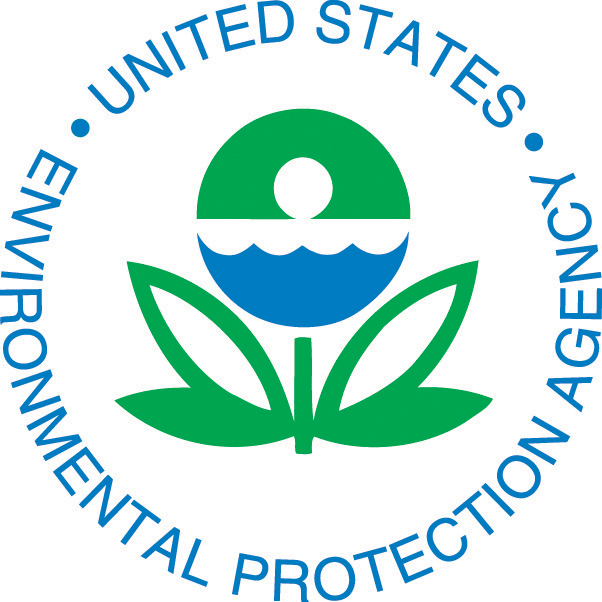Gag Order Imposed
Your tax dollars at work. The Environmental Protection Agency is protecting itself from everyone, including it’s own Inspector General’s Office. (IG)
In a report released by the Public Employees for Environmental Responsibility website workers in the EPA’s Office of Enforcement and Compliance Assurance were forbidden to speak with anyone in an effort to “ensure timely responses and assist in tracking and record keeping obligations”. The order came in a June 16th email, stating that if an employee is approached by a reporter, the IG’s office or GAO requesting any kind of information, to say nothing other than refer that party to the proper authority.
The EPA public affairs office released it’s explanation of the gag order, saying it was implemented to respond to the IG’s report, and ensure “consistency and coordination among those responding to the IG and GAO reports”.
The EPA has been under a lot of heat recently, in one case the IG’s report, “EPA Can Improve its Oversight of Audit Followup” which was issued in May of 2007. The report chided the EPA for it’s lack of accountability for correcting admitted deficiencies reported in previous IG audits. Congress has attempted to subpoena agency files and agency director Stephen L Johnson has reportedly refused to appear before a Senate committee.
So, What Is It, A Gag Order or SOP?
At no time during my years of employment, was I allowed to talk with any reporter or investigating group about certain details of my work, our office, it’s internal operations or management policies. That was standard operating procedure (SOP), and it was strictly obeyed. We were made to believe that only management personnel, or management itself, could properly respond to probing questions. It was “their way or the highway.”
So far so good, but, we all know that in any company, no matter how large, there is at least one person who could run it better, has information that would “blow this place apart”, “put it back in shape”, well, fill in the blanks yourself.
That’s where “leaks” come from, and they have resulted in some pretty awesome disclosures that led to prosecutions, firings, company closings, again, fill in the blanks yourself. It appears the only way to get accountability from any public agency is to force it by any means possible.
My question is, should any government agency operate “in a fishbowl” as former EPA Administrator William Ruckelshaus proclaimed 25 years ago, or do they have the legal right to muzzle their employees? What do you think?
Posts Related to EPA
EPA Chief on Hot Seat Over California Emissions Denial
Group Sues EPA for Inaction on Coal Permit
Bush Administration Just Says ‘No’ to Science
Image: www.kdheks.gov


Disappointing. Individuals need to be informed and need to take a stand. I think one of the most effective things we can do is support businesses that not only provide a social utility but also benefit the environment. For example, http://www.simplestop.net stops your postal junk mail and benefits the environment.
Sorry, but I gotta disagree, cchiovitti, at least in part. Certainly there are many instances where details need to be protected from disclosure. For example, a Justice investigation into criminal activities, or negotiations by Commerce with logging companies in National Forests. Those involved need to be able to do their job without constant shoulder-tapping. But to completely close down *all* communications, to refuse to respond to reasonable requests for information (especially when the request comes from the body that writes the checks), and to not explain the methods and modes of operation: this is unacceptable. Government agencies work for me; I *am* the government, and so are you. That’s what it says in the Constitution. I demand to know at least the processes by which decisions are made, and the reasons for why details are withheld. And anyone involved in the process ought to be able to hand out the explanations. Very few companies take such a hard-line approach to information dissemination; most of the ones that try it wind up under criminal investigation.
I think it’s pretty much SOP for any employment, whether a government agency or not. As transparent as I, as a citizen, would like them to be, I can understand the thinking behind this.